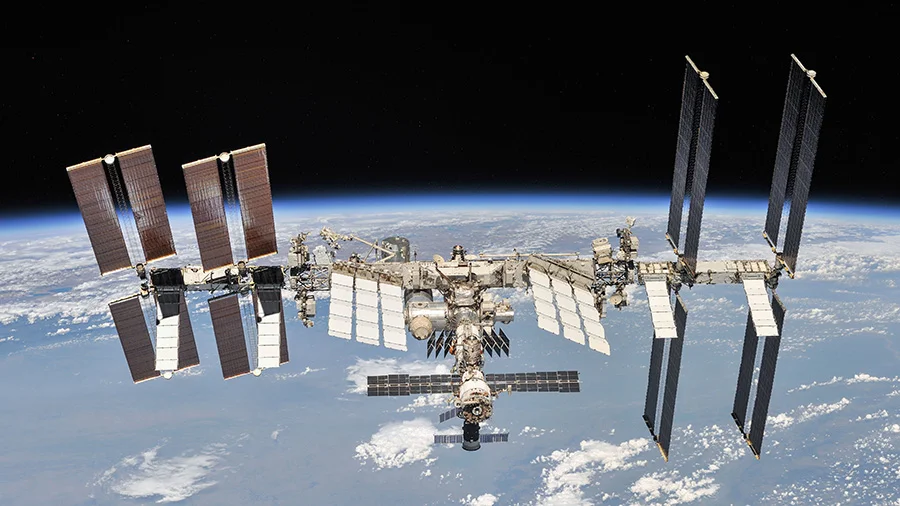Destroying the ISS could damage the ozone layer
- December 6, 2024
- 0
The International Space Station (ISS) is slowly but surely moving towards the end of its life. Experts at the U.S. National Aeronautics and Space Administration say the risk
The International Space Station (ISS) is slowly but surely moving towards the end of its life. Experts at the U.S. National Aeronautics and Space Administration say the risk

The International Space Station (ISS) is slowly but surely moving towards the end of its life. Experts at the U.S. National Aeronautics and Space Administration say the risk to Earth from decommissioning the station is small, but other experts aren’t so sure.
Burning the giant piece of metal and other materials in the atmosphere could release harmful chemicals that could damage our planet’s ozone layer, they said.
Researchers have already found that when satellites like SpaceX’s Starlink burn up on reentry, harmful pollutants, including aluminum oxides, can enter the upper layers of the atmosphere.
According to an article published in the journal Geophysical Research LettersThis trend will undoubtedly increase with the launch of large numbers of satellites into low Earth orbit and could contribute to “significant depletion of the ozone layer.”
According to the authors of the article, when a satellite weighing 250 kilograms is burned, approximately 30 kilograms of aluminum oxide nanoparticles are formed. It takes up to 30 years for them to reach the stratosphere. So, given the space station’s enormous mass, its impact on the environment could be significant, and researchers are only just beginning to understand the extent of the risks involved.
Source: Port Altele
As an experienced journalist and author, Mary has been reporting on the latest news and trends for over 5 years. With a passion for uncovering the stories behind the headlines, Mary has earned a reputation as a trusted voice in the world of journalism. Her writing style is insightful, engaging and thought-provoking, as she takes a deep dive into the most pressing issues of our time.